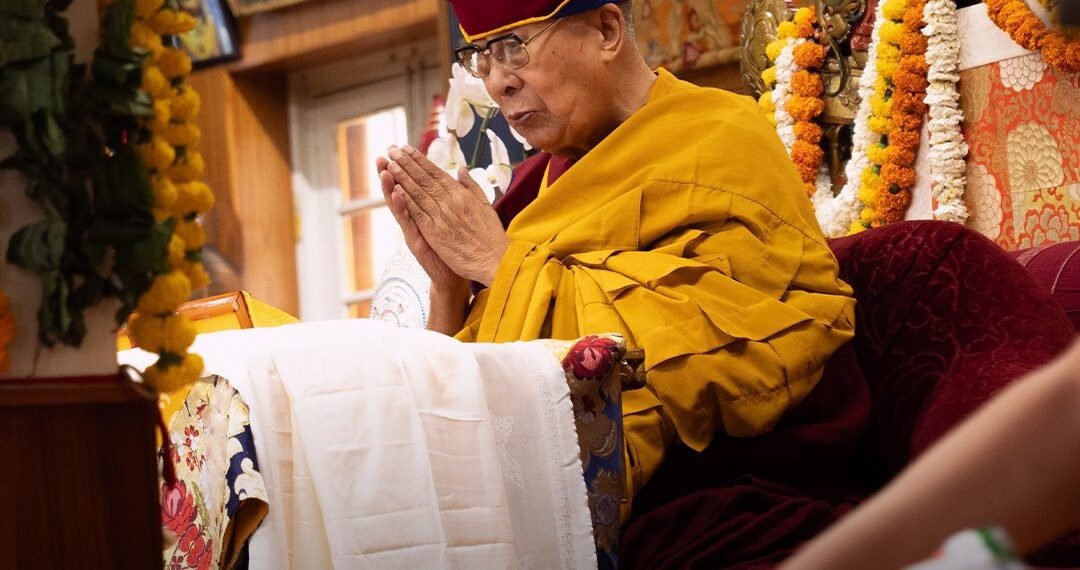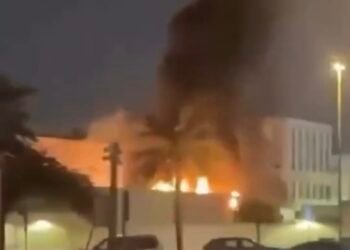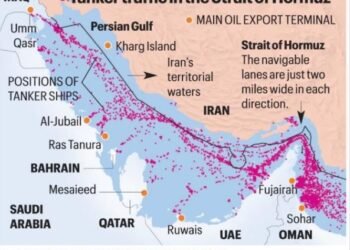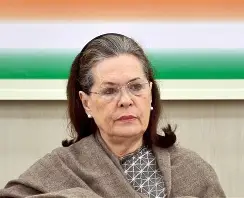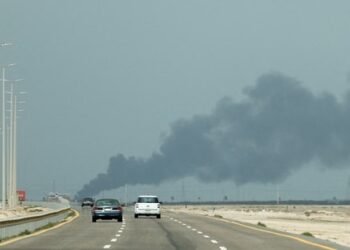Dalai Lama Reaffirms Continuation of His Spiritual Institution Amid Global Support and Geopolitical Tensions
BY PC Bureau
Dharamsala, India – July 2, 2025 – The Dalai Lama has reaffirmed that the institution of the Dalai Lama will continue, reiterating a decision first announced on May 21, 2025, and echoing a pledge made in 2011. Speaking from Dharamsala, he underscored his commitment to preserving the spiritual lineage amid growing global support and mounting geopolitical pressure, particularly from China.
The institution of the Dalai Lama, central to Tibetan Buddhism, dates back to the 15th century. The title gained prominence in 1578 when Sönam Gyatso, the third Dalai Lama, was named by Mongol ruler Altan Khan. Since then, the Dalai Lamas have served as spiritual—and at times political—leaders of Tibet.
The current 14th Dalai Lama, Tenzin Gyatso, born in 1935 and enthroned in 1940, fled to India after the 1959 Tibetan uprising. From exile, he established the Central Tibetan Administration in Dharamsala.
READ: Tibetan leaders invoke the Oracle, blending faith & politics
The question of the Dalai Lama’s reincarnation has long been politically charged. In 1969, the Dalai Lama suggested that the future of the institution should be determined by the Tibetan people. In 2011, he elaborated that spiritual leaders and the global Tibetan community would be consulted when the time came.
༸གོང་ས་༸སྐྱབས་མགོན་ཆེན་པོ་མཆོག་གིས་༸རྒྱལ་བའི་སྐུ་ཕྲེང་རྒྱུན་མཐུད་ཕེབས་ངེས་ཡིན་པའི་ཡོངས་ཁྱབ་གསལ་བསྒྲགས་མཛད་པ།
Statement: His Holiness Dalai Lama Asserts Continuity of His Institution; Declares Gaden Phodrang Trust as Sole Authority on Reincarnation. pic.twitter.com/jpWhnEJHBY— Voice Of Tibet (@VOT_Tibetan) July 2, 2025
The 2025 Declaration
In his most recent statement, translated from Tibetan, the Dalai Lama reaffirmed his 2011 stance:
“As far back as 1969, I made clear that concerned people should decide whether the Dalai Lama’s reincarnations should continue in the future.”
Now nearing 90, he confirmed plans to consult senior Tibetan lamas, the public, and global followers to decide the institution’s future. This follows more than a decade of consultations involving Tibetan Buddhist leaders, the Tibetan Parliament-in-Exile, NGOs, and Buddhists across the Himalayas, Mongolia, Russia, and Asia—including mainland China. Messages from within Tibet, delivered through various channels, have further reinforced the community’s support.
“I am affirming that the institution of the Dalai Lama will continue,” he declared.
The Gaden Phodrang Trust and the Office of His Holiness will oversee the search for his successor, in collaboration with heads of Tibetan Buddhist traditions and oath-bound Dharma Protectors.
“I hereby reiterate that the Gaden Phodrang Trust has sole authority to recognize the future reincarnation; no one else has any such authority to interfere in this matter,” he stated.
Geopolitical Implications
The announcement has sparked strong responses globally. Tibetan and international Buddhist communities have welcomed it as a stand for cultural autonomy. For many, it reasserts the Dalai Lama’s moral leadership and pushes back against external attempts to influence Tibetan religious traditions.
China, which annexed Tibet in 1950, has long claimed authority over the reincarnation process. Its 1995 abduction of the 11th Panchen Lama—recognized by the Dalai Lama—and installation of a state-appointed figure remains a deeply contested issue. Observers expect Beijing to oppose this 2025 declaration, potentially heightening diplomatic tensions.
READ: Trump vs. Musk: Can the President Really Deport Elon?
India’s role, as host to the Dalai Lama and the Tibetan government-in-exile, places it at the center of this unfolding situation. Western nations that have backed Tibetan rights may also come under pressure to respond.
Spiritual and Cultural Significance
For Tibetans, the Dalai Lama is more than a spiritual leader—he is a symbol of cultural resilience and identity under occupation. Preserving the institution is, for many, vital to safeguarding a 500-year-old lineage.
As the Dalai Lama advances in age, the world’s attention now turns to how the Gaden Phodrang Trust will guide the process of identifying his successor—balancing tradition, modern realities, and geopolitical sensitivities.



